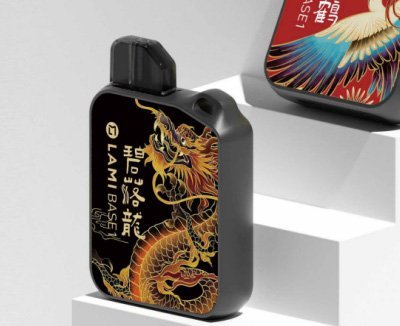When Did Vapes Become Illegal in Thailand?
Vaping has become a global phenomenon in recent years, with millions of people worldwide embracing electronic cigarettes as an alternative to traditional smoking. However, not all countries have embraced vaping with open arms. In Thailand, the legality of vape products has been a contentious issue for several years. In this article, we will delve into the history of when vapes became illegal in Thailand and the reasons behind the ban.

The Early Days of Vaping in Thailand
Vaping first gained popularity in the United States in the early 2000s, and it wasn’t long before the trend spread to other parts of the world, including Thailand. Initially, vape products were not explicitly banned in the country, and they could be purchased and used without much restriction.
However, as vaping grew in popularity, concerns began to emerge about its safety and potential health risks. The Thai government, like many others around the world, began to take a closer look at the regulation of vape products.
The Rise of the Vaping Ban in Thailand
The turning point for vape legality in Thailand came in 2014 when the government officially banned the import, sale, and use of vape products. This comprehensive ban was part of a broader effort by the Thai authorities to protect public health and regulate the tobacco industry.
The ban was implemented in response to growing evidence linking vaping to various health issues, including respiratory problems and nicotine addiction. Additionally, the Thai government was concerned about the potential impact of vape products on the country’s tobacco industry, which employs millions of people and generates significant revenue for the economy.
The Enforcement of the Vaping Ban in Thailand
Since the implementation of the vaping ban in 2014, the Thai authorities have been working to enforce the law. This has included raids on vape shops and online retailers, as well as stricter border controls to prevent the importation of vape products.
Despite these efforts, the black market for vape products in Thailand has continued to thrive. Disposable vapes, in particular, are widely available on the streets and in markets across the country, often sold by vendors who are willing to take the risk of being caught.
The Ongoing Debate Over Vape Legality in Thailand
While the vaping ban in Thailand has been in place for several years, the debate over its effectiveness and morality continues. Some argue that the ban is necessary to protect public health and regulate the tobacco industry, while others believe that it infringes on personal freedom and stifles innovation.
In recent years, there have been calls for a review of the vaping ban in Thailand, with some suggesting that it may be time to reconsider the regulations in light of new evidence on the safety and effectiveness of vape products as smoking cessation tools.
Conclusion
In conclusion, vape products became illegal in Thailand in 2014 when the government implemented a comprehensive ban on their import, sale, and use. The ban was implemented in response to growing concerns about the health risks associated with vaping and the potential impact on the country’s tobacco industry. While the ban has been in place for several years, the debate over its effectiveness and morality continues, with some calling for a review of the regulations. Regardless of one’s stance on the issue, it’s essential to respect the law and avoid purchasing or using vape products in Thailand to avoid potential legal consequences.
